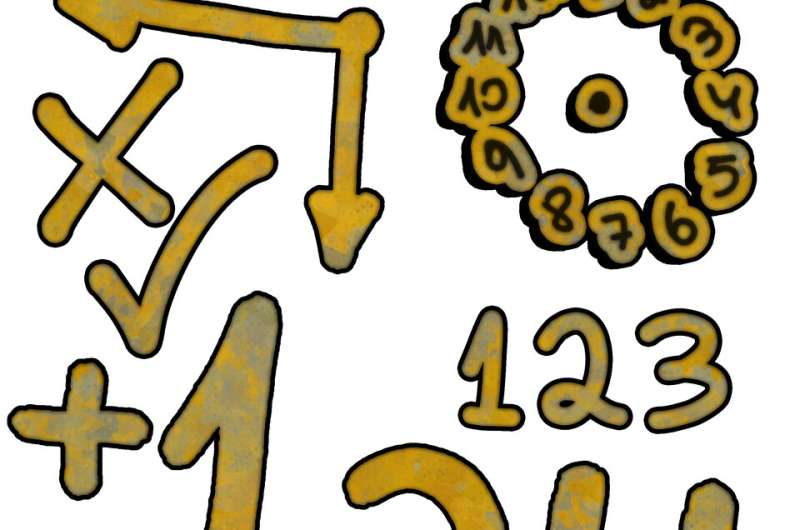AI in Mathematics involves the use of artificial intelligence techniques, such as machine learning, deep learning, and automated reasoning, to tackle complex mathematical problems that might be computationally intensive, time-consuming, or even beyond human capabilities. This intersection has the potential to accelerate mathematical research, automate tedious calculations, and even discover new mathematical insights.
Here are some aspects that might be discussed under the hashtag #AIinMathematics:
Automated Theorem Proving: AI systems can be used to automatically prove mathematical theorems. These systems use logical reasoning and computational techniques to determine the validity of mathematical statements.
Symbolic Mathematics: AI can help manipulate and simplify complex symbolic expressions, making it easier to handle intricate equations and formulas.
Optimization Problems: AI techniques can be employed to solve optimization problems, which are prevalent in various fields, including engineering, economics, and science.
Data-Driven Insights: AI can analyze large datasets to identify patterns, trends, and relationships that might not be easily apparent through traditional mathematical approaches.
Exploring New Mathematical Concepts: AI algorithms can help explore mathematical spaces that are challenging for humans to navigate, potentially leading to the discovery of new conjectures and theorems.
Mathematical Modeling: AI can aid in creating more accurate and complex mathematical models for real-world phenomena, improving predictions and simulations.
Algorithm Design: AI can assist in designing algorithms for solving mathematical problems, optimizing their efficiency and accuracy.
Education and Learning: AI-powered educational platforms can provide personalized learning experiences, adapting to the individual's pace and level of understanding in mathematics.
Computer-Aided Mathematics: AI tools can assist mathematicians in performing calculations, verifying proofs, and exploring mathematical structures.
Collaboration and Communication: AI systems might facilitate collaboration among mathematicians by suggesting potential areas of research or connecting researchers with similar interests.
Remember, the field of AI in Mathematics is rapidly evolving, with new advancements and applications emerging regularly. Following this hashtag on social media platforms can help you stay updated on the latest breakthroughs, discussions, and insights in this exciting and interdisciplinary field.
7th Edition of International Conference on Mathematics and Optimization Method
Website Link:https://maths-conferences.sciencefather.com/
Award Nomination: https://x-i.me/XU6E
Instagram: https://www.instagram.com/maths98574/
Twitter: https://twitter.com/AnisaAn63544725
Pinterest: https://in.pinterest.com/maxconference20022/
#maths #numericals #algebra #analysis #analysis #mathmatics #numericals #number #complex #graphics


No comments:
Post a Comment